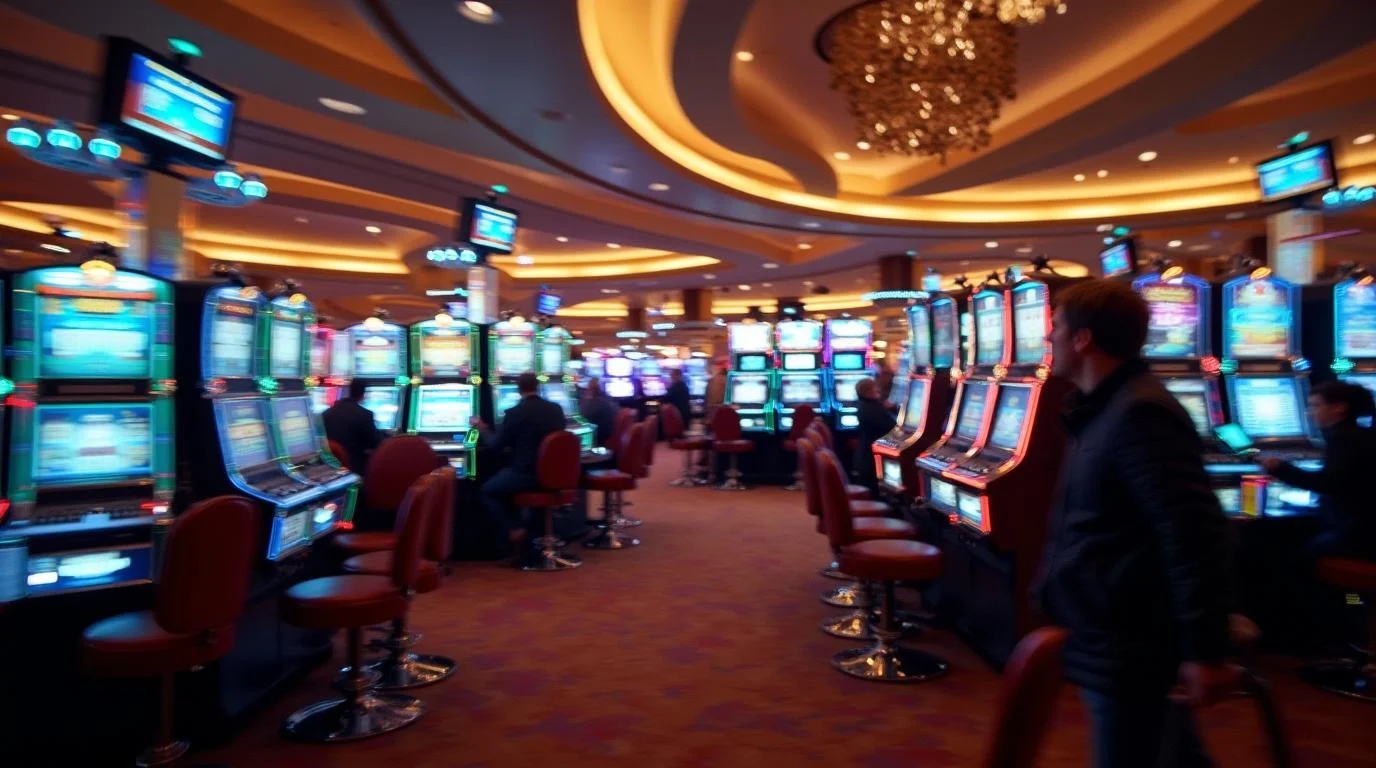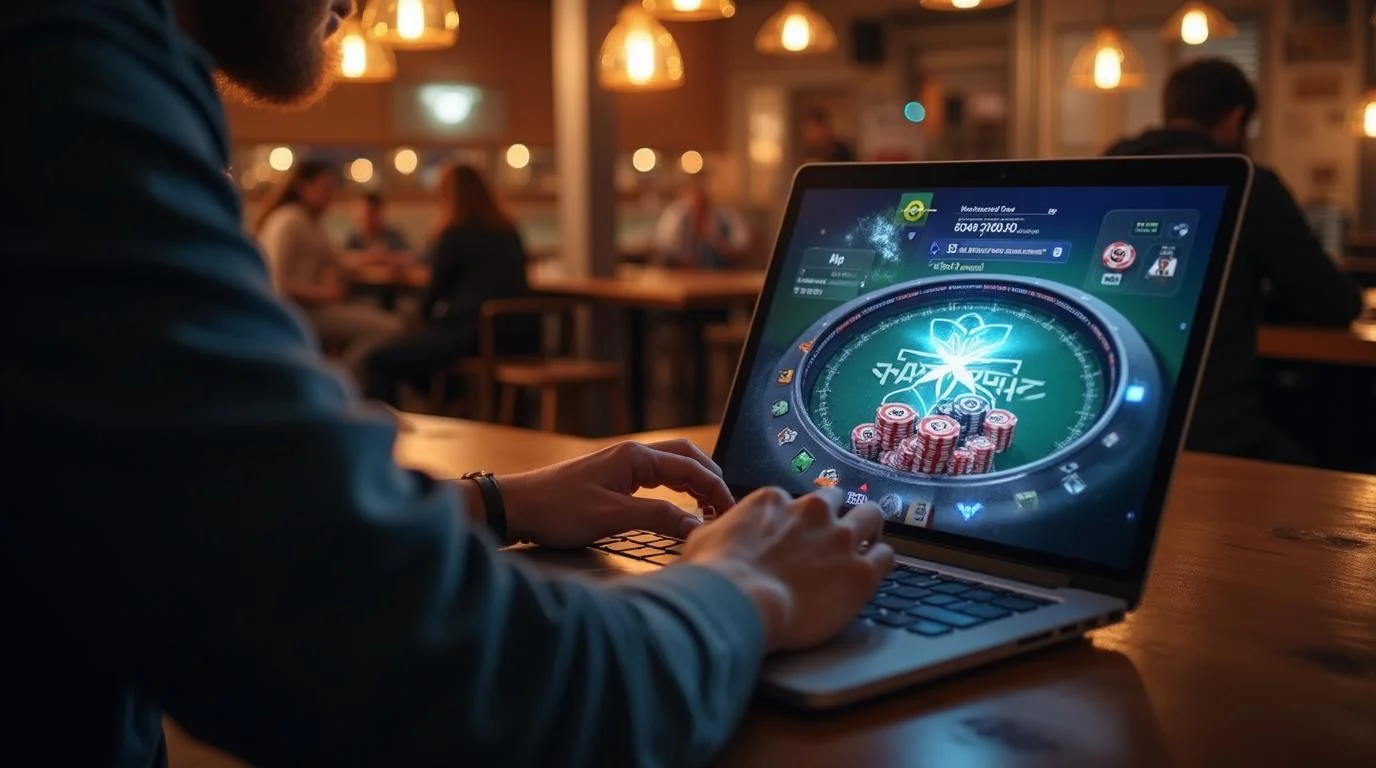Analyst Says There is One Way to Bet on the US Presidential Elections - Through Prediction Markets

1.0
Default
Those who are thinking of betting on the US presidential election may just be in luck - although betting on platforms like FanDuel and DraftKings when it comes to election results has always been illegal, there is a way around it through election prediction markets, says a Wake Forest University economics professor.
As the US presidential election approaches on November 5, bettors are eager to wager on the outcome. However, placing a legal bet through regulated American platforms like FanDuel and DraftKings isn't an option. In fact, betting on US elections remains illegal through all regulated American sportsbooks. But that doesn't mean all opportunities are off the table.
Economics professor Koleman Strumpf of Wake Forest University highlights the existence of online prediction markets as a legal alternative to betting platforms. Although US-based commercial bookmakers cannot legally offer election odds, prediction markets provide a distinct space for people to speculate on various election outcomes.
Betting on prediction markets
Prediction markets, like PredictIt, based in New Zealand, differ from traditional sportsbooks by allowing participants to bet on specific questions rather than on odds set by bookmakers. In these markets, people can buy contracts based on the potential outcome of an election. One of the most popular questions in these markets is, "Who will win the presidency?"
For instance, participants could be asked, "Will Candidate X become the 47th US president?" Unlike sports betting, there are no betting odds involved; instead, participants buy 'yes' or 'no' contracts. The prices of these contracts fluctuate in real-time depending on events happening during the election race, such as debates, campaign ads, or candidate controversies.
As of early October, for instance, PredictIt showed that a "yes" vote for current Vice President Kamala Harris becoming president cost 53 cents per contract, while a "yes" vote for former President Donald Trump was priced at 50 cents. Each contract's payout depends on whether the participant's prediction comes true, with successful bettors earning $1 per contract.
Trump incident and prediction market shifts
One of the key differences between prediction markets and commercial betting platforms lies in how quickly the former reacts to real-world events. Strumpf, in a recent interview with Gambling.com, highlighted how these markets reflect immediate public sentiment shifts in response to news.
An example of this happened last July when the former President was shot. Strumpf noted that the prediction markets shifted almost instantly, reflecting the uncertainty of his condition. However, when Trump appeared on stage shortly after, blood visible from where a bullet grazed his right ear, and defiantly pumped his fist to the crowd, the markets recalibrated just as quickly.
This kind of instant fluctuation demonstrates how prediction markets can offer a more timely and dynamic measure of public opinion compared to traditional polling methods.
The legal gray area of election betting
The legality of election betting in the US is a murky issue. While commercial sportsbooks remain prohibited from offering such wagers, prediction markets exist in what Strumpf describes as a "legal gray zone." These markets have faced scrutiny and legal challenges from US regulatory bodies, particularly from the Commodity Futures Trading Commission.
In early October, this legal battle intensified when Kalshi, a US-based commodities exchange, resumed accepting bets on the 2024 congressional and presidential elections. This was made possible after a federal appeals court in Washington, DC lifted a legal freeze on such contracts. Kalshi now plans to accept wagers up to $100 million, a much larger sum than most prediction markets typically allow.
However, this decision has sparked further debate. The CFTC remains concerned that allowing political betting could undermine the integrity of US elections. The agency is currently appealing the court's ruling.
Could legalizing political betting undermine elections?
The potential for political betting to influence election outcomes is a pressing concern for US regulators. Strumpf addressed this issue during his Gambling.com interview, expressing skepticism about the ability of election betting to manipulate results.
"It's very, very hard to do this," he stated. "I would argue that I don't see any evidence of this in any of the work I've done looking at hundreds of years of elections."
Strumpf further noted that whether or not these markets are legalized, they are unlikely to disappear. He drew a parallel to the history of sports betting in the US, which was largely conducted illegally until the Supreme Court's 2018 decision that allowed for legal sports wagering across the country.
Before that ruling, billions of dollars were bet on sports annually, but it was all done through illegal avenues. Similarly, Strumpf predicts that election prediction markets will continue to operate, legally or not, due to sustained interest in wagering on political outcomes.




















